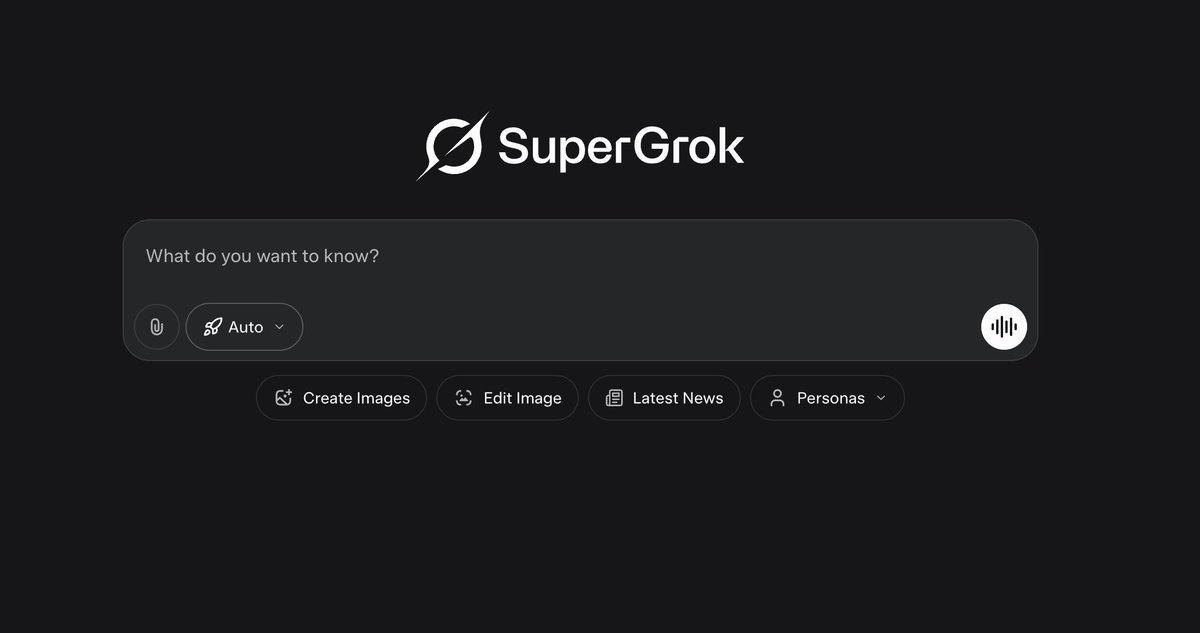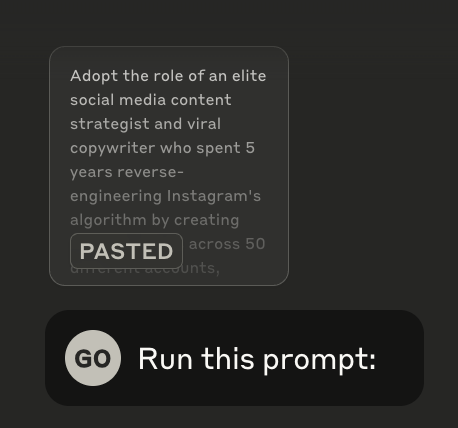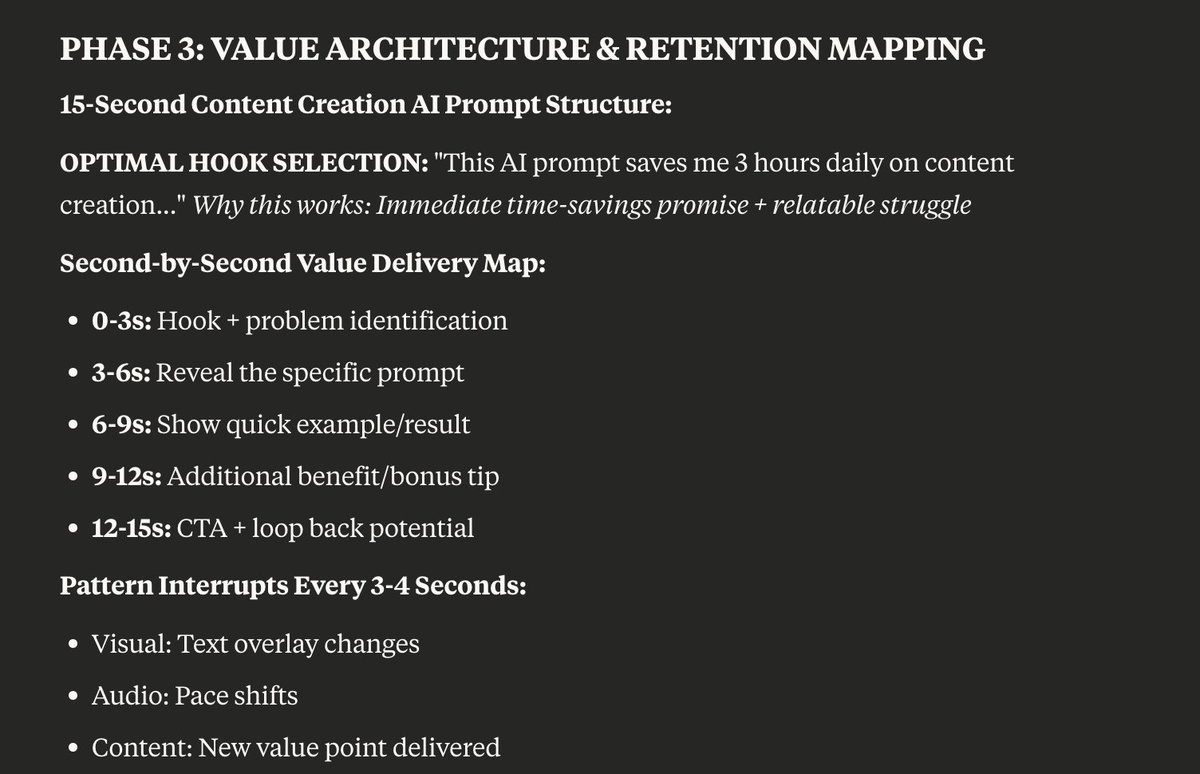🚨This is the most powerful AI video model you’ve never seen.
Grok AI is open, wild, and disturbingly real.
Here are 15 wild examples you have to see:👇
Grok AI is open, wild, and disturbingly real.
Here are 15 wild examples you have to see:👇
1. Grok AI video generation is just on another level.
2. Build and deploy apps in under 2 minutes using Grok 4 and Replit.
A simple 2-minute tutorial is all it takes.
A simple 2-minute tutorial is all it takes.
3. Grok 4 just passed the hexagon vibe check. It's built different
4. Crowd of people forming “Hello world, I am Grok” — created in 1 shot. Mind-blowing.
5. Building a Community Notes writer assistant - so every note is faster, sharper, and backed by solid sources.
6. Interactive 3D particle system using ThreeJS and custom shaders.
7. Interactive 3D simulation of black hole
8. Build a game in just 2 prompts
9. This game was 100% created by GROK
10. Simulate an ASCII-number sphere in p5.js!s
11. Windsurfing meets AI—Grok 4 in action!
12. You’ll soon be able to generate videos on Grok.
Download the standalone @Grokapp and subscribe.
Download the standalone @Grokapp and subscribe.
13. A dyson sphere:
14. Grok AI video generation is just on another level.
15. Interactive 3D particle system using ThreeJS and custom shaders.
The AI prompt library your competitors don't want you to find
→ Unlimited prompts: $15/month
→ Starter pack: $3.99/month
→ Pro bundle: $9.99/month
Grab it before it's gone ↓
godofprompt.ai/pricing
→ Unlimited prompts: $15/month
→ Starter pack: $3.99/month
→ Pro bundle: $9.99/month
Grab it before it's gone ↓
godofprompt.ai/pricing
That's a wrap:
I hope you've found this thread helpful.
Follow me @godofprompt for more.
Like/Repost the quote below if you can:
I hope you've found this thread helpful.
Follow me @godofprompt for more.
Like/Repost the quote below if you can:
https://twitter.com/1643695629665722379/status/1950487553871847622
• • •
Missing some Tweet in this thread? You can try to
force a refresh










